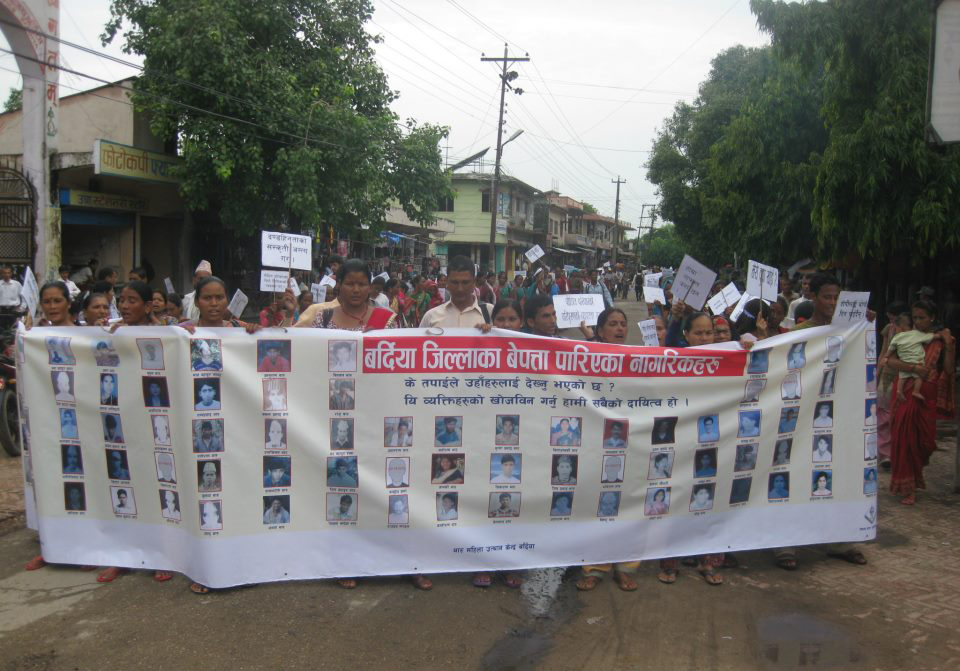Nepal has avoided its obligation to provide justice for serious human rights violations over the past 20 years by relying on ineffective commissions of inquiry instead of using the criminal justice system, a new ICJ report says. The ICJ called on the Government of Nepal to provide real accountability and redress to victims, despite the country’s current constitutional crisis.
The 45-page report, Commissions of Inquiry in Nepal: Denying Remedies, Entrenching Impunity, reviews 38 inquiry commissions established between 1990 and 2010 and concludes that such mechanisms have primarily been created to serve political ends without successfully accounting for serious crimes and human rights violations.
“The past 20 years have seen a series of toothless commissions of inquiry appointed in Nepal. Even where commissions have conducted proper investigations, their recommendations have rarely been implemented or their reports made public,” said Sam Zarifi, ICJ’s Asia Director. “Instead of providing justice to victims and survivors, the commissions have effectively shielded perpetrators.”
“The current political uncertainty should not hinder the functioning of the criminal justice system as it has no bearing on the State’s duty to redress human rights abuses, particularly those amounting to crimes under domestic and international law,” Zarifi said.
The ICJ noted that the Government of Nepal has recently formed a commission of inquiry to investigate the killing of Supreme Court Justice Rana Bahadur Bam on 31 May.
“As an organization dedicated to defending judicial independence whenever it is threatened, the ICJ urges accountability in this case so as to remove the cloud of uncertainty and intimidation that Justice Bam’s killing has created,” Zarifi added. “If this most recent commission does not apply lessons learned from the failures of other such commissions, it is more likely to obstruct than promote justice.”
Mandira Sharma, President of Advocacy Forum, an ICJ-affiliate organisation, stated that the Government must avoid relying on the establishment of commissions of inquiry to investigate human rights violations when investigation, prosecution, punishment of the guilty and provision of reparation should be assured through the criminal justice system.
“Too many inquiry commissions have been used to divert cases of human rights abuses from the criminal justice system to politically appointed bodies that do not have a formal role in the criminal process,” Sharma said. “On the rare occasion when establishment of a commission of inquiry is truly warranted, its appointment and functioning should conform to international standards of independence, effectiveness and transparency.”
“Commissions of inquiry are meant to strengthen the criminal justice system, not supersede it,” Sharma added. “Even if transitional justice mechanisms are created to provide justice, truth and reparations, they should not weaken the criminal justice system.”
The ICJ report examined some of the most prominent inquiry commissions established during the last decade, including the Mallik and Rayamajhi Commissions, commissions formed to investigate violence in the Terai between 2006 and 2007, the Supreme Court appointed commission to investigate cases of enforced disappearances, and many others.
The ICJ recommends that the Government make public the reports of all past commissions, and that the Government take serious steps to ensure that the establishment and functioning of COIs meet international standards prior to their future appointment.
Nepal-Commissions of Inquiry-thematic report-2012




